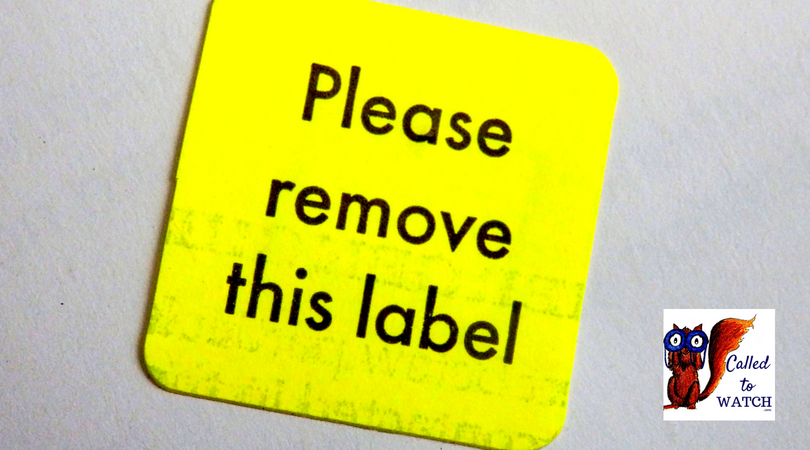Wider supporters will hurt us at times
I think it’s important to acknowledge that either directly or inadvertently, wider supporters can sometimes make life harder rather than easier. It’s part of being human and living in a broken world.
They may:
- Brush away your complaints or concerns. “Ah well, sickness is part of life, isn’t it? We all have burdens.”
- Ask you to take up ministry opportunities when your life is full of caring for your Loved One
- Compare your suffering to theirs, “Oh I know exactly how you feel”
- Tell you exactly how they feel – without asking how you are
- Assume they know what you need, or what you ought to do
- Treat you differently because you are a Watcher
- Treat you exactly the same, as if being a Watcher has not affected you.
- Treat you as a walking newsletter, rather than an individual in your own right
Continue reading “What to do when our wider supporters hurt us”




